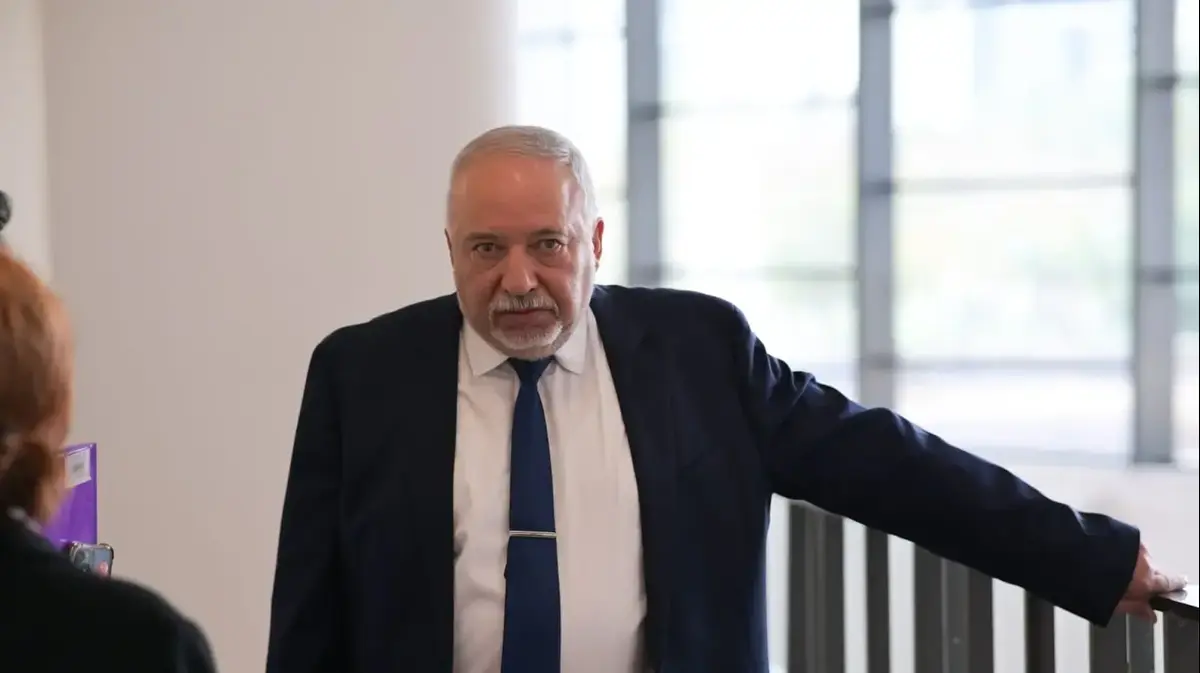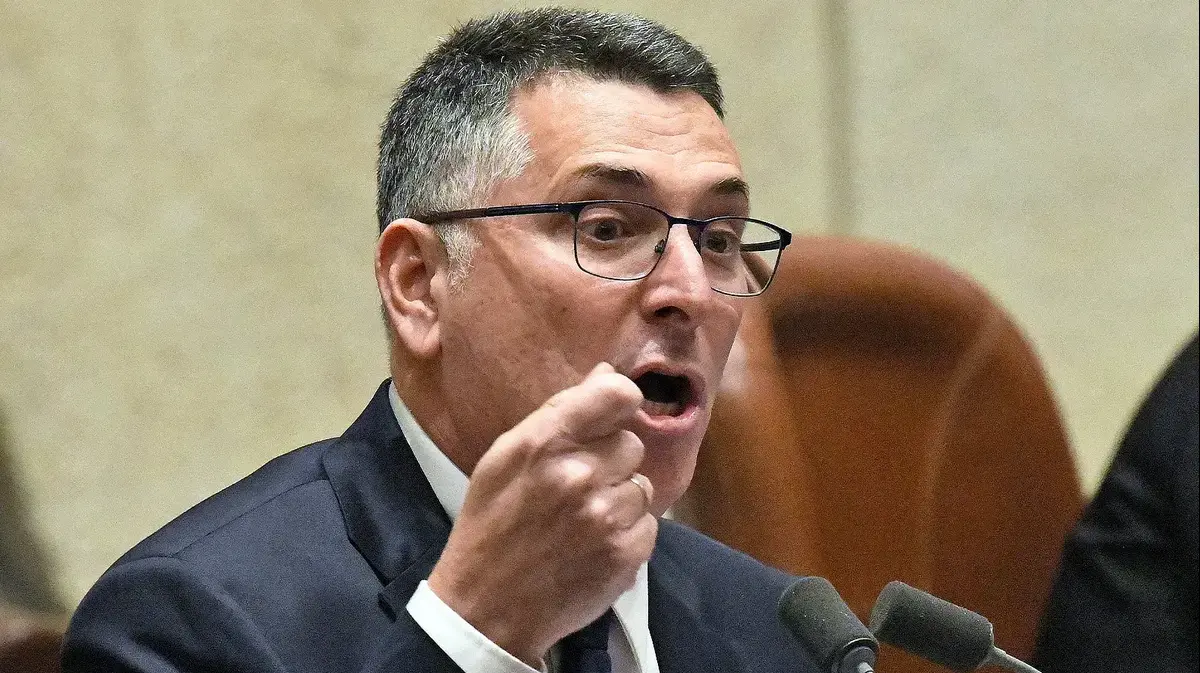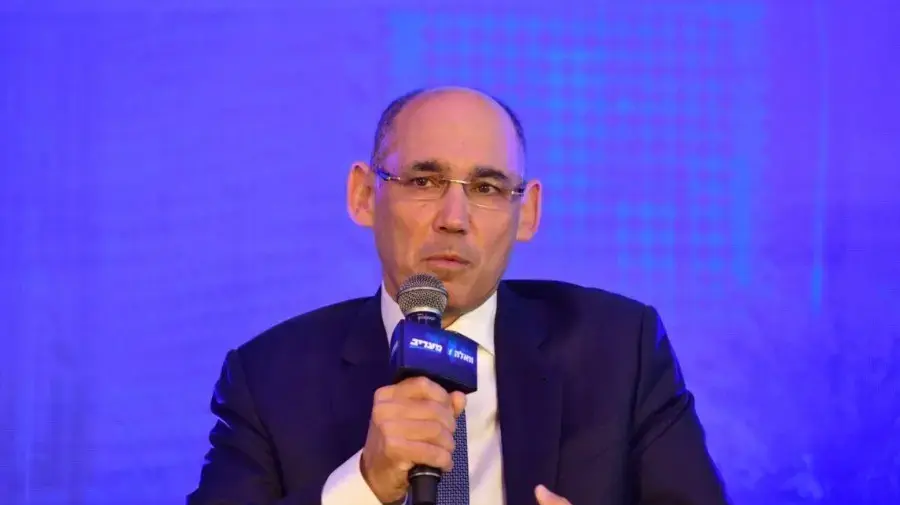The citizens of Israel will still thank Corona and the wave of rising prices that followed.
For the first time in a decade, it seems that the government really cares about the rising cost of living, and that the talk is turning into deeds.
Last week, it was Finance Minister Avigdor Lieberman and Economy Minister Orna Barbibai who issued letters to food companies asking them to reconsider price increases.
Yesterday it was Prime Minister Naftali Bennett, who first addressed the wave of rising prices and promised to present a government plan this week that will fight the cost of living.
Bennett arrived at Lieberman's office yesterday to discuss a plan to lower the cost of living.
According to government sources, there was a lengthy meeting, during which, among other things, the following steps were discussed:
Introduction of the import reform and its expansion to meat and poultry products - as published yesterday in "Israel Today" in an interview with Avir Kara.
The Ministry of Finance is considering lowering tariffs extensively and working with exclusive importers, in order to increase competition from imported products.
2. Income tax relief - negative income tax for the weaker classes, and relief for the middle class income tax by providing income tax credit points.
3. The government's partial participation in the increase in the electricity tariff, so that it will rise at a moderate rate of more than 5.7%.
4. Lowering the price of fuel to the previous price, by lowering excise tax.
How do you fight the cost of living?
It should be said that the wave of price increases is mainly due to a global trend of rising prices for raw materials, goods and transport prices.
The rise in prices is a result of the economic boom after the corona crisis, and after a period in which the Israeli economy became accustomed to low inflation levels.
However, since the cost of living even before the rise in prices was about 20% higher than in the other OECD countries, the wave of price increases served as a trigger for consumer anger, which began to feel stifled by rising prices, while its wages did not change.
This rage made the decision makers take action.
The emerging plan is undoubtedly a welcome step that will help many "keep their heads above water."
However, this is a "band-aid" against a chronic problem that Israel suffers from - a rising cost of living.
A real deal with the problem of the cost of living requires the government to formulate real reforms, and not just cosmetic measures, in several main areas.
Price increases since the protest,
Root canal treatment for housing prices
At least half of the average expenditure basket of an Israeli family is routed to three main areas - housing, transportation and education.
Since the social protest of 2011, apartment prices have risen at a dramatic rate of 100% -70%.
The solution to the housing problem is in a real and significant increase in construction starts and the supply of apartments.
The state is the monopoly on land - instead of taxation exercises and attempts at differential prices for young couples, a significant and long-term increase in land supply is required.
Reduce property tax payments
Property tax rates rose by about 2% last month, completing an increase of more than 20% in the last decade.
This affects not only every business that raises prices, but also every home in Israel.
In the field of electricity - one of the triggers that ignited public outrage in the past week was the jump in the electricity tariff above the expected rate of 4.9%.
The explanations of the Electricity Authority and Lieberman, according to which electricity tariffs in the UK and Sweden soared by 34% and 35%, did not help, and only added fuel to the fire.
The surge in the electricity tariff annoyed the Israeli public, because it is a service provided by a government company, and the formula for calculating the tariff is also determined by the government electricity authority.
So why not come towards the citizens?
The plan that will be presented does indicate that the country will participate in some of the immigration, as it did in 2012 during the gas supply problems from Egypt.
This seems like an appropriate solution, but since no one knows what the price of coal will be in a year, a long-term solution should be considered.
Coal is both polluting and expensive, and Israel has huge amounts of blue-and-white natural gas.
The obvious conclusion is to expedite the cessation of coal use.
Reduce taxation on fuel
Nearly two-thirds of fuel prices are taxes (excise tax and VAT), and this is a significant expense among many families.
Fuel, Photo: Herzli Shapira
Lower food prices
The rise in world food prices did not miss Israel due to the problems in the supply chain, and yet it is impossible to ignore the fact that pre-prices in Israel are tens of percent higher than in other developed countries.
Will the government's step of lowering tariffs and opening up the food market to competition (adding importers) suffice?
Not necessarily.
At the same time as removing barriers to imports in the food market, the government must consider another step that is common in many developed countries - reducing the VAT rate on food. This step will reduce food prices by about 9% -8%.
Implement the Free Education Act
Prof. Manuel Trachtenberg, who chaired the committee for examining the cost of living after the tent protests, told Israel Today that the total parental payments for educational frameworks (TLN) that are supposed to be completely free is about a billion shekels a year, while in Israel there is a compulsory education law. These payments can be eliminated, thus making it easier for the weaker classes and the middle class.
The main obstacle: housing
What made Israel one of the most expensive countries among developed countries?
It is enough to look at the graph of price change in the last decade, prepared at the request of "Israel Today" by the consulting firm BDO, to understand what the most urgent problems are.
Housing prices, Photo: Coco
"In the long-term view of the last decade - the main fundamental problem of the cost of living remains the problem of housing prices. In the last decade prices have risen by about 70%, while the average wage has risen by only 34%. "De facto in the housing industry, it has failed to cope with prices. On the other hand, food prices have risen in the last decade at a lower rate than the increase in the average wage. That is - despite the rise in prices, in terms of purchasing power of the Israeli public, Israel Today "Chen Herzog, Chief Economist of BDO.
Were we wrong?
Fixed!
If you found an error in the article, we'll be happy for you to share it with us














